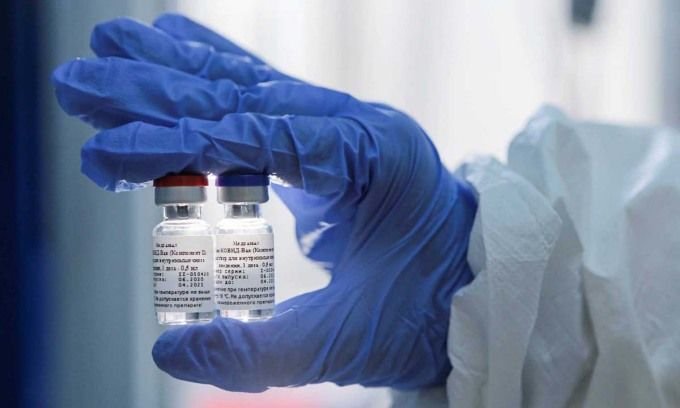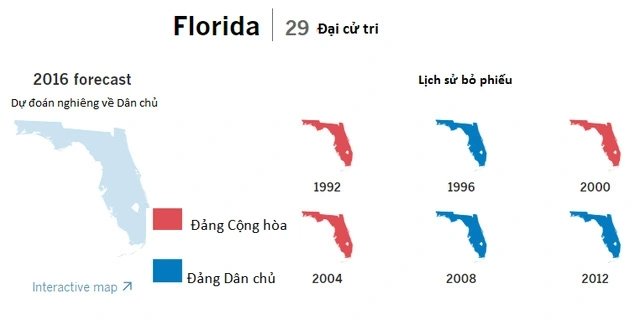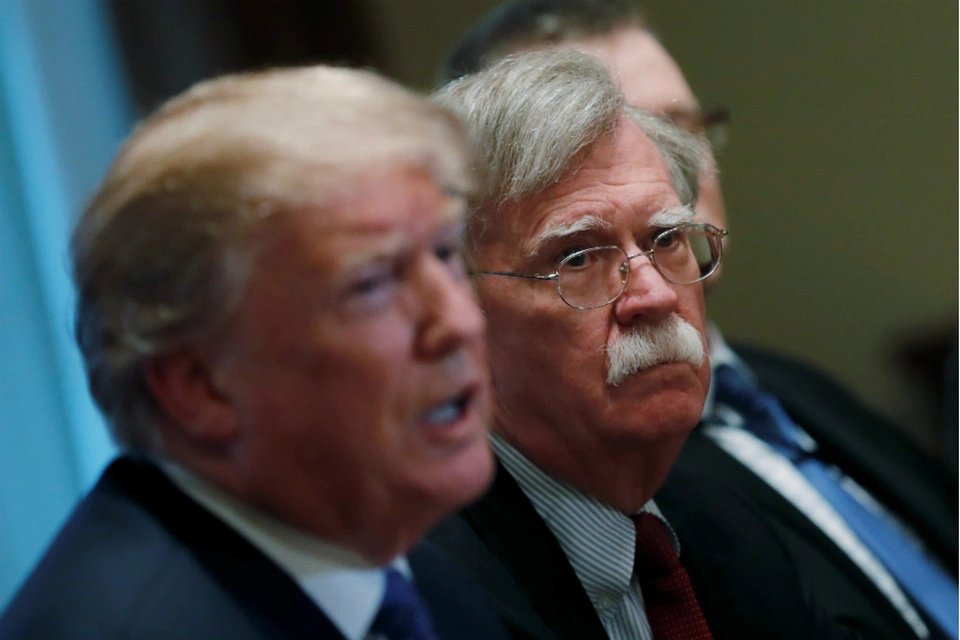
In June, the Gamaleya Research Institute of Epidemiology and Microbiology under the Russian Ministry of Health registered a combined phase one and two trial for a vaccine called Gam-Covid-Vac Lyo.
They said the vaccine is made from adenovirus, a harmless cold virus carrying genes from a strain of coronavirus, similar to the method used by AstraZeneca, a multinational pharmaceutical company headquartered in the UK, and Johnson & Johnson.
Russian officials later said they would quickly put the Gamaleya Institute’s vaccine into production.
Russian Health Minister Mikhail Murashko affirmed that `all volunteers developed high levels of antibodies to Covid-19, and no one suffered serious complications from vaccination.`
Covid-19 vaccine samples were researched and developed by the Gamaleya Institute in Moscow, Russia.
`This is odd. Putin doesn’t have a vaccine. He’s just making a political statement,` commented John Moore, a virologist at Weill Cornell Medical College in New York, USA.
`I think Russia’s decision is really scary and carries many risks,` said Daniel Salmon, director of the Vaccine Safety Institute at Johns Hopkins University.
According to NY Times commentator Carl Zimmer, unlike experimental drugs for patients, vaccines are used to inject a large number of healthy people, so they must meet high safety standards.
Natalie Dean, a biostatistician and infectious disease expert at the University of Florida, USA, said that the time Russia announced it had a vaccine was too early, so it was `very difficult for them to have enough data on the product’s effectiveness.`
Gamaleya Institute yesterday announced that Phase 3 testing of the newly approved vaccine, named `Sputnik V`, will begin today with the participation of more than 2,000 people in Russia and the United Arab Emirates.
The Russian Direct Investment Fund (RDIF), a sovereign wealth fund established by the Russian government and funding Covid-19 vaccine research, has established a website to promote the Russian vaccine.
In a paragraph titled `Confronting Skepticism` in an article on the RDIF website, Kirill Dmitriev, the organization’s executive director, said the results of the first two phases of the trial would be published in
Dmitriev also revealed that the `real secret` of the Gamaleya Institute’s vaccine development speed lies in taking advantage of existing research on adeno virus vectors.
`Since the onset of Covid-19, all Russian researchers have had to do is extract a coding gene from a branch of the new coronavirus strain, then insert it into a familiar adeno virus vector to introduce into cells.
Vaccines using adenovirus vectors are also being developed in China, the UK and the US.
The two types of adenovirus vectors used in the Covid-19 vaccine are Ad5 and Ad26.
The existing technology of adenovirus-based vectors is said to make it quicker and easier to create new vaccines, by modifying the original vector with genetic material from emerging viruses.
Using a two-vector approach, the Gamaleya Institute has produced an Ebola vaccine that has been administered to `several thousand people`, although the World Health Organization (WHO) says there is no clinical data to prove its effectiveness.
`These achievements show that Russian laboratories have not wasted their time over the past few decades, while the international pharmaceutical industry often underestimates the importance of new, researched vaccines.






